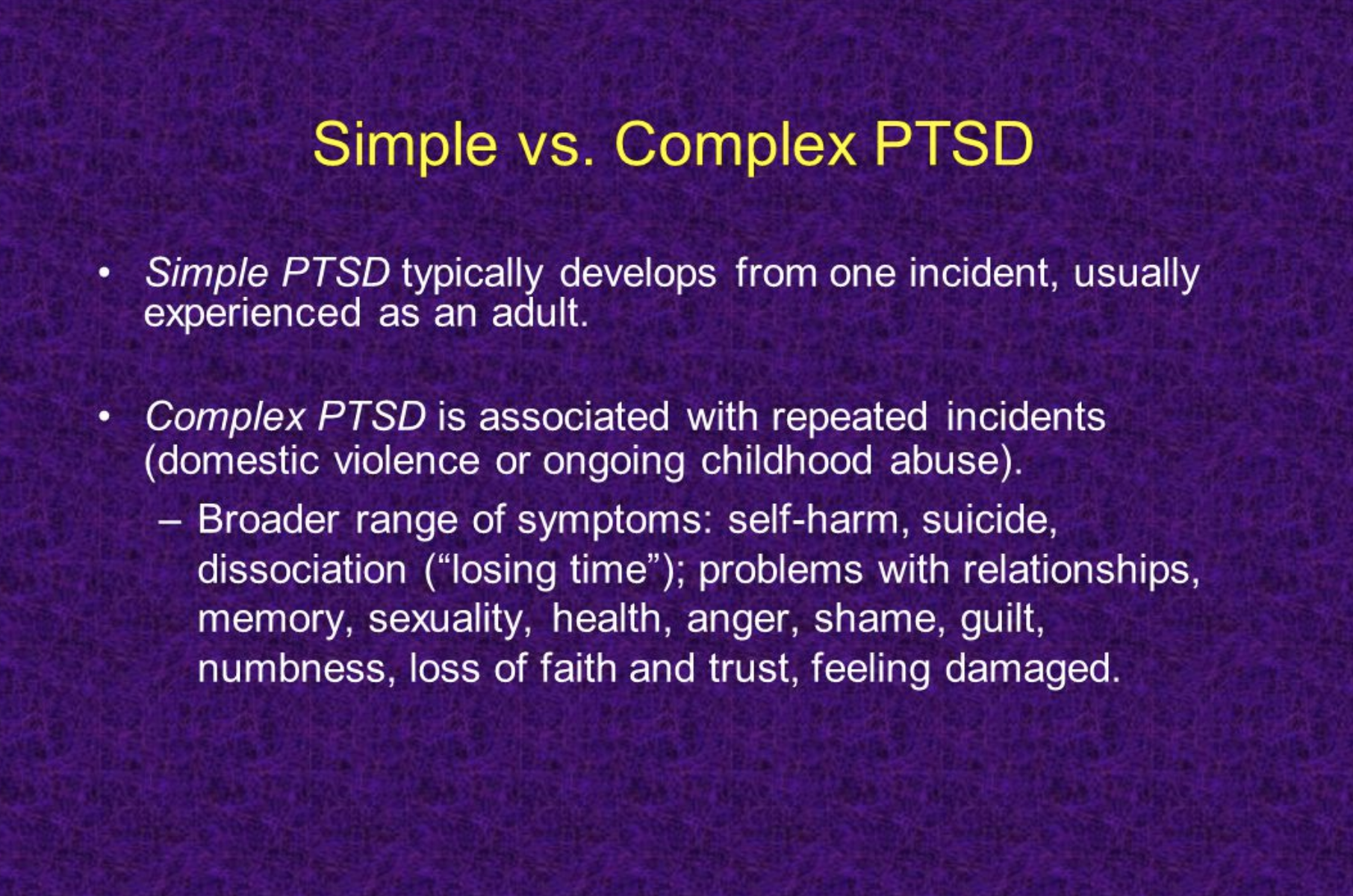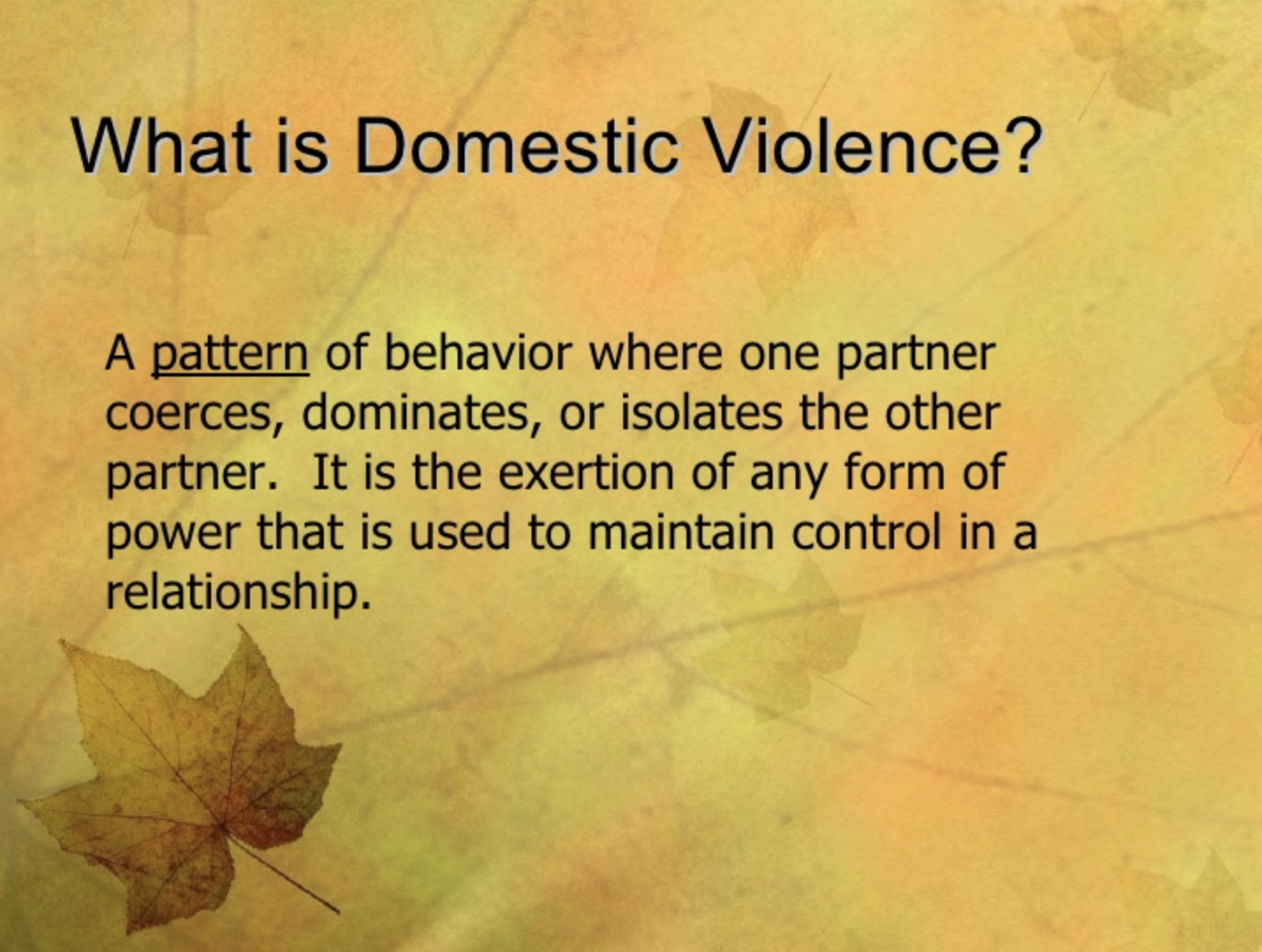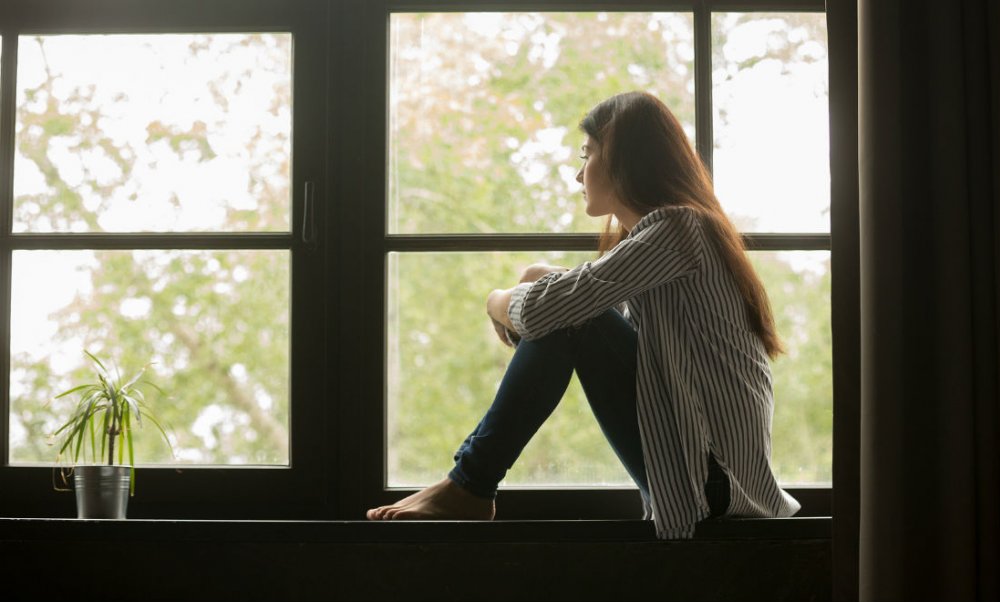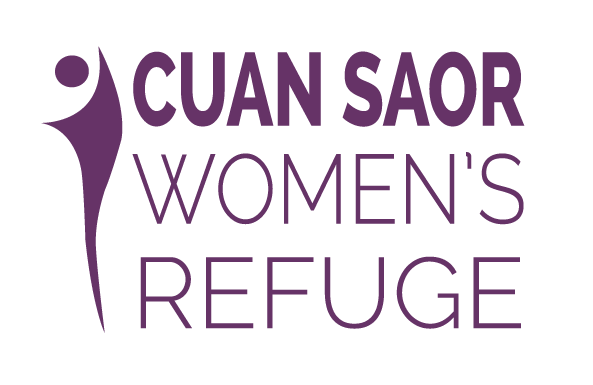
How to recover from domestic violence
Recovering from domestic violence is a long road and requires patience, counselling and talking. Some survivors go on to suffer from Post Traumatic Stress Disorder (PTSD). This is a mental health condition that can occur after various kids of trauma. Sometimes all it takes is a whiff of familiar aftershave to make Mary Ann (not her real name) remember the feel of her abuser’s fingers around her neck. Sometimes she’ll feel the spots where he bruised her and broken bones.
Sometimes we assume that once we escape all will be well. However the reality is that some women feel very afraid to be alone, eat and leave the house afterwards. It is important to remember that it takes time to heal. Different experiences can trigger a memory or episode. It can be as simple as music playing, or a change in the weather – whatever was linked to the domestic violence event(s).

Women are particularly susceptible to PTSD, which is sparked by “exposure to an event that involved or held the threat of death, violence, or serious injury.” Research shows that due to women’s higher likelihood of experiencing trauma, including domestic violence and abuse, a woman has a 10 percent chance of developing PTSD, while men’s odds stand 4 percent.
The symptoms are often complex or layered, and can include flashbacks, emotional distress, physical reactions to upsetting memories, forgetting key parts of a traumatic event, emotional numbness, trouble focusing, etc. Sometimes triggers persist long after a survivor has left the abusive relationship. It can be something as simple as the sound of footprints on gravel. We’re hardwired to safeguard ourselves from danger. Experiencing a threat activates our neural pathways in our amygdala, hippocampus, and elsewhere that allows us to respond and protect ourselves. Stress hormones and other chemicals pump through our body when we experience fear. This physiological fight or flight response can linger long after the danger has gone.

While triggers can unleash a feeling of nausea, survivors may have to put up with many other PTSD symptoms, such as reliving the experience through recurring dreams or flashbacks. Almost four years after leaving an abusive relationship Deborah (not her real name) still has regular nightmares. This is known as “re-experiencing symptoms” of PTSD. It is important to get access to counselling to help cope with this. Healing is a slow road but it is possible with help.

If you need help (or someone you know needs help) coping with Post Traumatic Stress Disorder, or flashbacks, or generally coping from the effects of domestic violence or abuse, call us on our 24 hour line. 1800 57 67 57.
Cuan Saor Womens Refuge supporting and changing lives

Cuan Saor provides the following services:
- Refuge accommodation (short-term crisis accommodation)
- 24 Hour/365 day Freephone helpline
- Support and information (drop-in or by appointment)
- Counselling
- Outreach to designated clinics in South Tipperary area
- Court Accompaniment Service
- Aftercare
- Training and Awareness-raising
- Child and Family Support

All services are free and confidential.
Simply dial the Freephone helpline 1800 576757 to access the service and a trained member of staff will listen and provide support and information and explain other aspects of services we provide. This service is available 24/7 365 days a year.
24 hour helpline 1800 57 67 57 Email support@cuansaor.org
Cuan Saor's Vision:
Cuan Saor has a vision of society which respects the human rights of
women and children to live violence free.

Cuan Saor's Mission:
Cuan Saor’s Mission is to support all women and children
who have experienced domestic violence
Cuan Saor Womens Refuge supporting and changing lives

Supporting and
changing lives.
Get in Contact today with Cuan Saor, we have counsellors on hand to talk you through your experience



